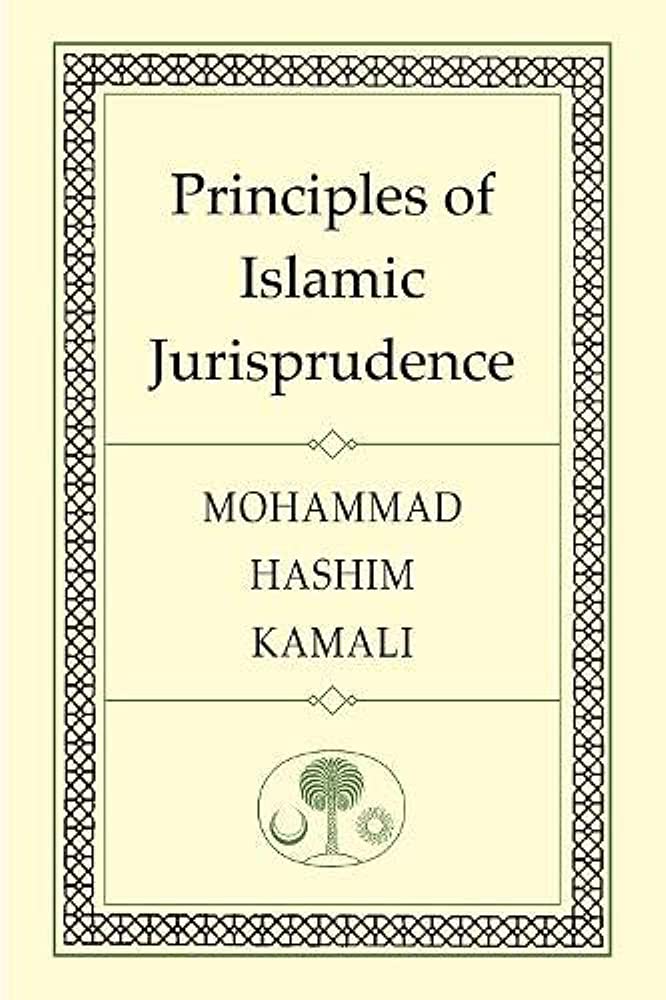II. Principles of Islamic Jurisprudence

Norms of Islamic regulation, generally called usul al-fiqh, are the speculative foundations whereupon Islamic guideline is based. They help Islamic specialists and legitimate researchers in getting and translating guidelines from the wellsprings of Islamic guideline, which with including the Quran, the Sunnah, ijma, qiyas, and ijtihad.Coming up next are a piece of the essential norms of Islamic regulation:
1. The Quran and the Sunnah: The Quran is the essential wellspring of Islamic regulation, and it is supplemented by the Sunnah, which alludes to the activities and platitudes of Prophet Muhammad. Islamic researchers utilize these sources to determine lawful decisions on different issues.
1. Ijma: This standard alludes to the agreement of the Muslim people group on a specific issue. It is viewed as a legitimate wellspring of regulation, given that the agreement is arrived at by qualified researchers.
2. Qiyas: This guideline alludes to the relationship or derivation made by Islamic researchers to determine a lawful decision on a specific issue in light of a comparative decision in the Quran, the Sunnah, or ijma.
3. Maslaha: This standard alludes to the public interest or government assistance of the Muslim people group. Islamic law specialists consider the advantages and damages of a specific activity while inferring legitimate decisions.
4. Istihsan: This guideline alludes to the inclination of a specific legitimate decision over one more in light of the law specialist’s very own inclination or assessment, given that it doesn’t go against the wellsprings of Islamic regulation.
5. Urf: This standard alludes to the traditions and practices of the Muslim people group. Islamic law specialists consider these practices while determining legitimate decisions.
6. Taqlid: This standard alludes to the act of keeping the legitimate assessments of qualified Islamic researchers. It is broadly rehearsed by most of Muslims all over the planet.
These standards are not thorough, and Islamic researchers have created different standards and approaches to determine lawful decisions. Notwithstanding, these standards give an overall structure to Islamic statute and are broadly acknowledged by Islamic researchers all over the planet.